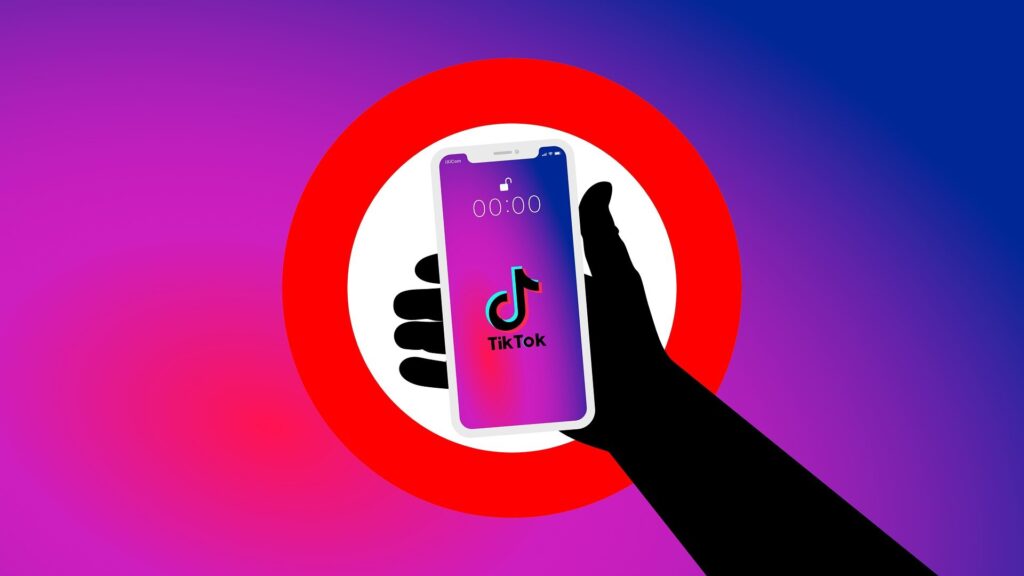
TikTok’s Paradoxical Effect on Screen Time
Efforts to limit screen time on TikTok might be doing more harm than good—at least for some users. A recent study coauthored by Christopher Newman from the University of Mississippi and Emma G. Galvan from Georgia Southern University found that TikTok’s built-in digital detox tools, such as time limit reminders, may actually increase screen time for certain users.
Published in the Journal of Public Policy and Marketing, the research introduces the “digital detox paradox.” This phenomenon occurs when less skeptical users—those who are generally more trusting of advertising—interpret TikTok’s wellness prompts as a sign of authenticity. Ironically, this makes them more engaged with the app, using it more frequently and for longer durations.
This unintended consequence is especially concerning given TikTok’s vast reach. The app attracts more than 1.5 billion active users monthly, with over 135 million in the U.S. alone. As mental health concerns and social media addiction gain prominence—especially among youth—understanding the effects of these digital interventions is more important than ever.
According to the study, users who are more skeptical of advertising are largely unaffected by these reminders, ignoring them entirely. This contrast suggests that detox strategies must consider user psychology and skepticism to be effective.
Newman emphasized the relevance of these findings amid ongoing policy discussions, such as the Social Media Addiction Reduction Technology Act. He stressed that while some consumers are vulnerable to increased usage due to their low skepticism, overly skeptical users might also render detox tools ineffective.
Emma Galvan added that children and adolescents are especially at risk, given their limited ability to discern marketing motives. This highlights a pressing need for parents and policymakers to be more proactive and intentional in guiding young users’ digital habits.
Ultimately, the researchers recommend that self-imposed screen time limits may be more effective than relying on app-generated detox tools. With some college students spending up to 10 hours a day on social media, the study calls for a deeper understanding of how interventions truly impact behavior across platforms.